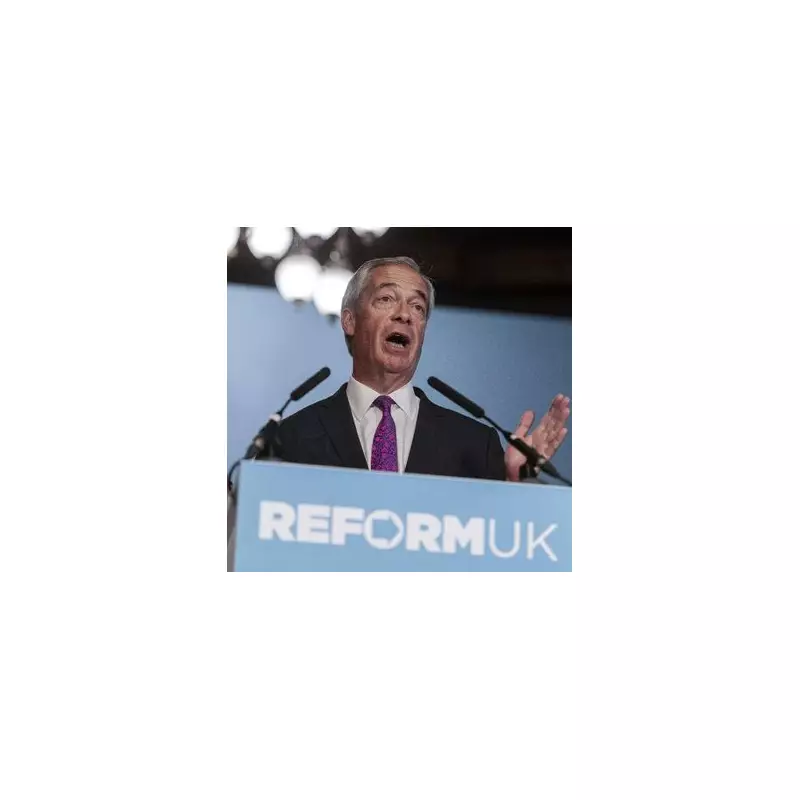
Nigel Farage has been branded a "breathtaking hypocrite" for lecturing Rishi Sunak on Russia policy while having extensive financial ties to the Kremlin himself. The Reform UK leader's comments have sparked fury from political opponents and military experts alike.
Questionable Payments and Putin Praise
Farage's controversial history with Russia includes accepting substantial payments from Kremlin-backed media outlets. Between 2019 and 2021, he received approximately £100,000 for appearances on the state-controlled Russia Today (RT), a channel since banned in Britain. Additionally, he accepted £13,775 from the Russian news agency Sputnik for radio work in 2017.
The political firebrand has repeatedly made statements defending Vladimir Putin's actions, notably claiming the Russian president's invasion of Ukraine was "not unprovoked." These comments have drawn particular condemnation amidst the ongoing conflict.
Political Backlash and Accusations
Labour's Shadow Paymaster General, Jonathan Ashworth, didn't mince words: "This is breathtaking hypocrisy from Nigel Farage. He took money from the Kremlin and defended Putin's invasion, yet now he tries to lecture the Prime Minister on Russia."
Ashworth emphasised the seriousness of the situation, adding, "Rishi Sunak should show some backbone and condemn Farage's dangerous comments, which only serve Putin's interests."
Military Experts Condemn Farage's Stance
Farage's assertion that the West "provoked" Russia's invasion has been met with stern criticism from defence specialists. Former Army commander Colonel Richard Kemp called the remarks "disgraceful," stating they provide "comfort to the enemy."
Kemp elaborated: "Suggesting that the West is responsible for Putin's war crimes is not only completely untrue but also deeply damaging to Ukraine and the entire Western alliance."
Farage's Defence and Ongoing Controversy
Despite the mounting criticism, Farage remains defiant. He recently stated on social media: "I have long argued that the expansion of NATO and the EU gave Putin the excuse he was looking for."
This position aligns with his previous controversial statements, including calling the European Union "just as bad" as Putin following the 2014 invasion of Crimea, and expressing admiration for the Russian leader's "ruthless and ruthless competence."
The ongoing controversy raises serious questions about political integrity and foreign influence in British politics as the nation approaches a crucial election period.





